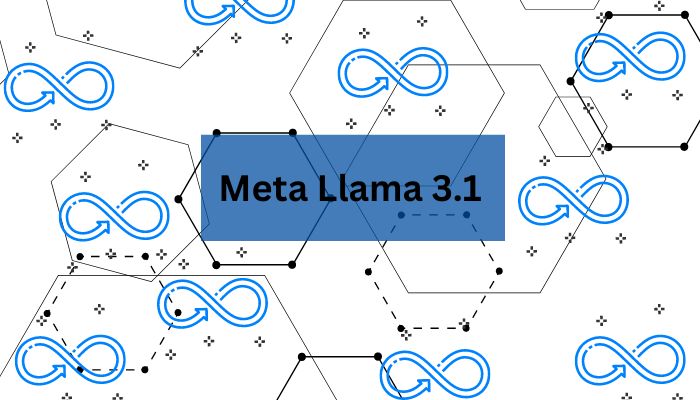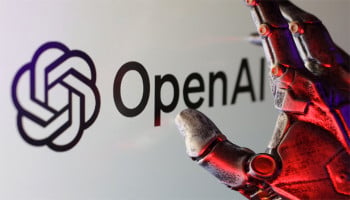
Meta, the world’s biggest tech giant, has made a significant move in the AI race by releasing Llama 3.1, which is known as the largest open-source language model to date.
This move is expected to transform the industry, surpassing ChatGPT's usage by the end of the year. Llama 3.1 is equipped with 405 billion parameters, outperforming GPT-4 and Anthropic's Claude 3.5 Sonnet model on several benchmarks.
According to Meta CEO Mark Zuckerberg, open-source AI models will eventually outrun their proprietary peers just like Linux became the most used OS.
Read more: OpenAI implements Instructional Hierarchy to safeguard GPT-4o Mini
Meta's investment in open-source AI will save billions by leaning on outside contributions, much like the Open Compute Project did. This will help fast-track innovation and democratise access to AI for millions of developers across the world.
Llama 3.1's advanced capabilities include:
- Generating images based on specific likenesses
- Integrating with search engines to retrieve information
- Exhibiting "agentic" behaviours, enabling it to complete complex tasks
Features in Meta Llama 3.1
Meta Llama 3.1 will hit more countries and languages, with an addition of a new feature called 'Imagine Me' that scans users' faces to paste their likeness in generated images.
It will also be integrated into the Quest headset, where it will replace its voice command interface.
Although Meta hasn't disclosed usage numbers, Zuckerberg predicts that by the end of the year, Meta AI will cross ChatGPT's 100 million users.
Read more: Apple likely to equip iPhone SE 4, iPhone 16 series with new A18 chip
The release of Meta Llama 3.1 has developers excited, who are now able to deploy their own variant using the model weights provided by Meta. However, democratising access to advanced AI capabilities could mean further innovation and entrepreneurship.
The more AI evolves, the greater are the concerns with respect to quality data, cybersecurity, and biochemical use cases. On this point, Meta's red teaming activities have been able to address these concerns and ensure that Llama 3.1 is secure and reliable enough to be used by developers.
















